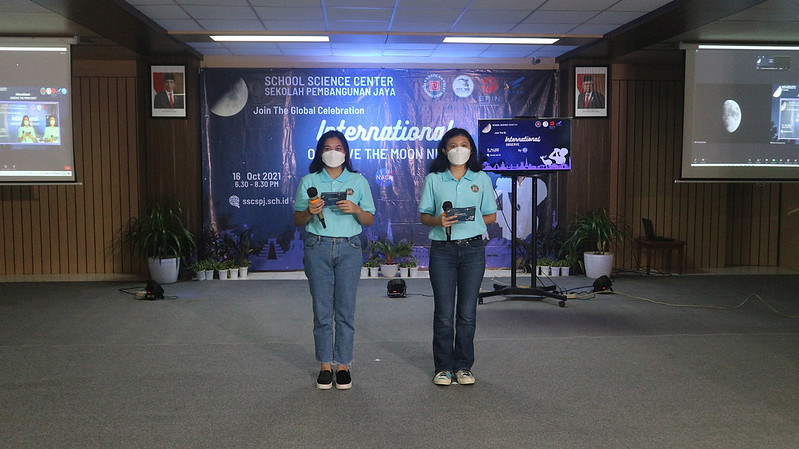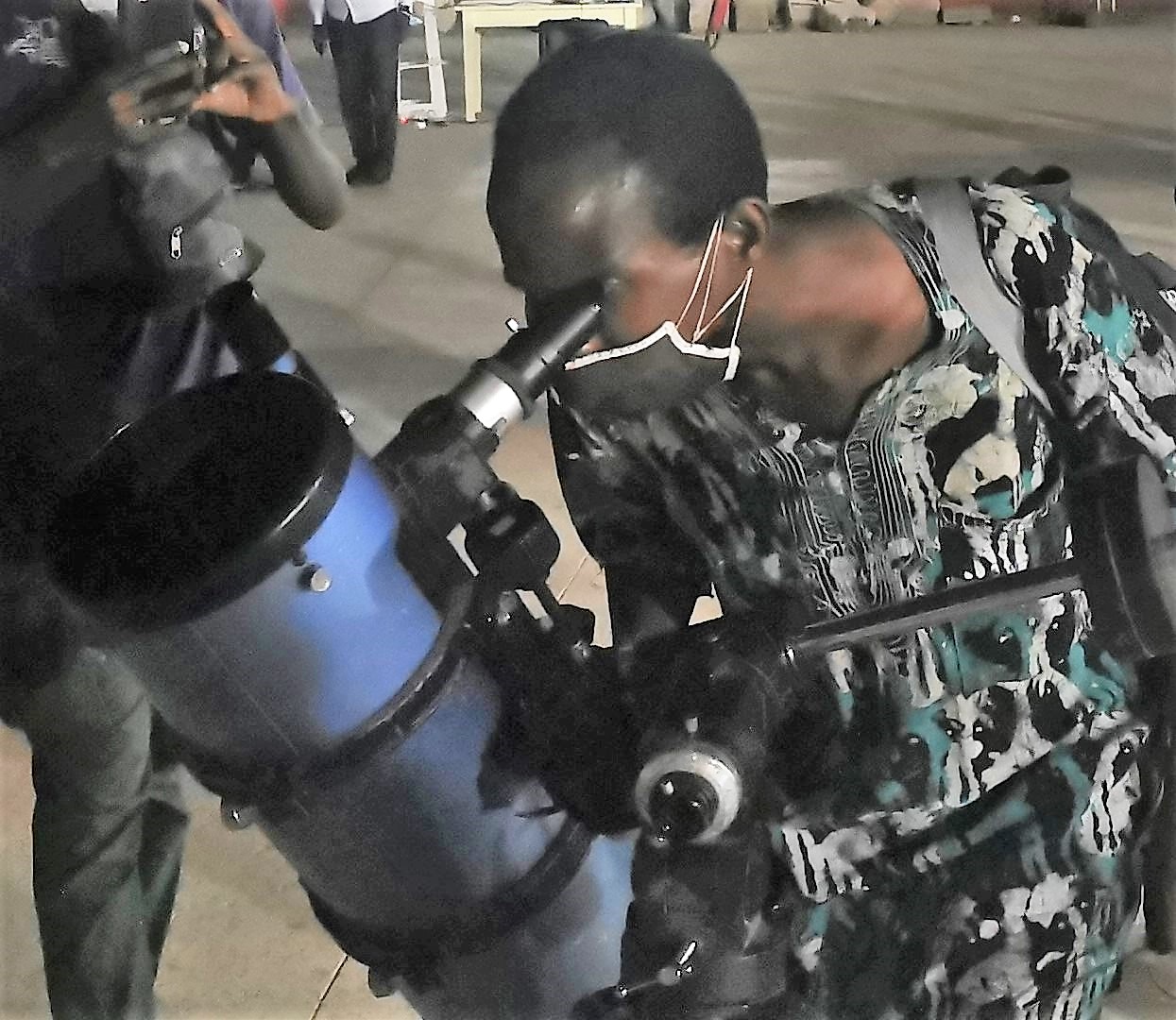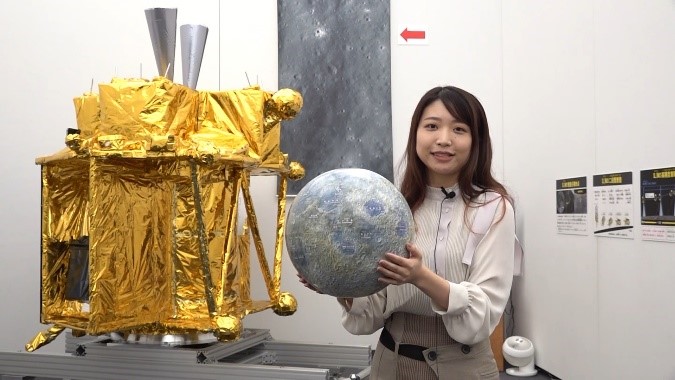Celebrate Lunar Science and Exploration with NASA's International #ObserveTheMoon Night
- 1NASA's Goddard Space Flight Center, Greenbelt, MD, USA (staci.l.tiedeken@nasa.gov)
- 2ADNET Systems, Inc., Bethesda, MD, USA
- 3ASRC Federal System Solutions, Beltsville, MD, USA
- 4Planetary Science Institute, Tucson, AZ, USA
- 5Lunar and Planetary Institute, Houston, TX, USA
- 6The University of Edinburgh, Edinburgh, Scotland
- 7NASA's Ames Research Center, Mountain View, CA, USA
- 8Astronomical Society of the Pacific, San Francisco, CA, USA
- 9University of Arizona, Tucson, AZ, USA
Introduction: International Observe the Moon Night is a worldwide public engagement program that has been held annually since 2010. Every autumn, we ask people to observe the Moon and learn about lunar science and exploration. The event occurs when the Moon is in or near a first-quarter phase, which provides excellent viewing opportunities along the terminator (the line between night and day), as long shadows place lunar features into great relief.
Hundreds of thousands of individuals all around the globe participate in the event as a collective whole, learning about lunar science and exploration, taking part in celestial observations, and honoring cultural and personal connections to the Moon. People participate in a variety of ways, including hosting or attending virtual or in-person events and observing the Moon from home. Participants also have the opportunity to connect with other lunar observers around the world through our Facebook page (facebook.com/observethemoon/), our Flickr group, and through the hashtag #ObserveTheMoon across social media platforms.
Getting Involved: It is incredibly easy to be a part of International Observe the Moon Night, whose 2021 program saw an estimated 500,000 participants from all 7 continents, 122 different countries, all 50 U.S. states, Guam, Puerto Rico, the U.S. Virgin Islands, and Washington, D.C. [1].

Figure 1: An International Observe the Moon Night 2021 event in Indonesia. Image credit: School Science Center Sekolah Pembangunan, https://flic.kr/p/2mBTEkC
Registration. There are multiple entryways into participating in International Observe the Moon Night. Our website contains a page dedicated to registration, where people can search for events that are already planned (both in-person and virtual), register their own events, or sign up as individual lunar observers. Events can be scheduled anytime in the two-week period surrounding the main International Observe the Moon Night date which allows for better accommodation for event hosts and participants.
Bringing Science to Local Communities. International Observe the Moon Night provides an opportunity to come together to learn about the wonders of lunar and planetary exploration. It is also a great way for scientists to share lunar science with their communities and to connect with community partners. Collaborating at the community level encourages a more diverse and inclusive environment for participants.

Figure 2: An International Observe the Moon Night 2021 participant in Senegal. Image credit: Sylvain Bouley/ASPA, https://flic.kr/p/2mEm6HS
Highlighting Current Moon News: The present time is an especially exciting one for lunar science and exploration. With the first Commercial Lunar Payload Services (CLPS) instruments planned for launch this year and NASA’s Artemis program in full development, International Observe the Moon Night offers a great opportunity to discuss these missions and the future of lunar exploration. It also provides a chance to reflect on previous Moon missions, with the 50th anniversary of Apollo 17 coming up this December.
Supporter Involvement: Our supporters help make International Observe the Moon Night what it is today through assistance with translations of materials, spreading the word about the event through their various networks, ideas for new resources, and overall program feedback.
Global Moon Party. In 2021, members of the International Observe the Moon Night Coordinating Committee and the Night Sky Network hosted a Global Moon Party which featured three hours of live streamed content, including presentations, demonstrations, and stories about the Moon [2]. One of our supporters from the Virtual Telescope Project in Italy was a guest presenter during the program, discussing how and why he participates in International Observe the Moon Night and offering views of the Moon alongside iconic Italian landmarks.
Featured Observer. We developed a new feature on our website in 2021, where our International Observe the Moon Night supporters, event hosts, and observers from around the world are highlighted. This is a space where they have an opportunity to discuss a variety of topics, from what the Moon means to them to how they became involved in International Observe the Moon Night to tips for other participants.
Thus far, we have discovered more about our supporters from the Japanese Space Exploration Agency and the Federation of Spanish Astronomical Associations and look forward to highlighting additional participants in the future.

Figure 3: A joint exhibit on the Moon with the Japanese Space Exploration Agency and the Sagamihara City Museum. Image credit: JAXA/ISAS
Observe the Moon Video. In order to highlight the diversity of people involved in International Observe the Moon Night, we sent out a request to our supporters for brief video clips about how they say “observe the Moon” in their native language, their favorite thing about the Moon, and other Moon-related content. The result was a short video conglomeration of people around the world discussing the Moon [3]. We plan on continuing this endeavor for this year’s event as well.
2022 Event: Join us for the next International Observe the Moon Night on Saturday, October 1, 2022.
NASA TV Broadcast. In 2020, circumstances of the pandemic directed us to incorporate more virtual event opportunities, resulting in our first NASA TV broadcast. We continued this effort in 2021 and will do so again for this year’s program, providing people around the world the ability to celebrate the event with NASA.
International Observe the Moon Night is an established program, but we are always looking for new collaborators, participants, and ideas for engagement. This is an opportunity for people all around the world to be part of a successful public engagement program. Additional information about the event can be found at moon.nasa.gov/observe.
Acknowledgements: International Observe the Moon Night is sponsored by NASA’s Lunar Reconnaissance Orbiter (LRO) mission and the Solar System Exploration Division at NASA’s Goddard Space Flight Center, with many contributors and supporters.
References: [1] Barry, C. et al.: Everyone, Everywhere, Every Year: Highlights from International Observe the Moon Night 2021, LPSC, 7-11 March 2022, The Woodlands, TX, USA.
[2] Global Moon Party – Kickoff International Observe the Moon Night 2021, youtube.com/watch?v=v61JyMG_zMs
[3] International Observe the Moon Night 2021, https://www.youtube.com/watch?v=GODxYZMueoQ
How to cite: Tiedeken, S., Jones, A., Wasser, M., Barry, C., Nguyen, V., Buxner, S., Bakerman, M., Beaudoin, G., Fooshee, J., Day, B., Gay, P., White, V., Summer, T., Joseph, E., and Cokinos, C.: Celebrate Lunar Science and Exploration with NASA's International #ObserveTheMoon Night, Europlanet Science Congress 2022, Granada, Spain, 18–23 Sep 2022, EPSC2022-656, https://doi.org/10.5194/epsc2022-656, 2022.

